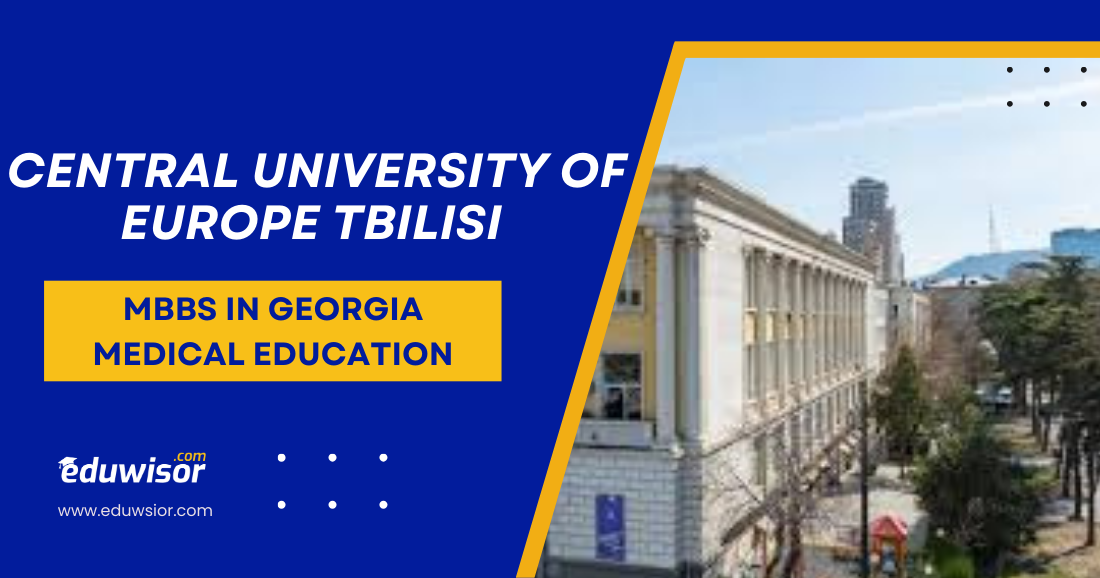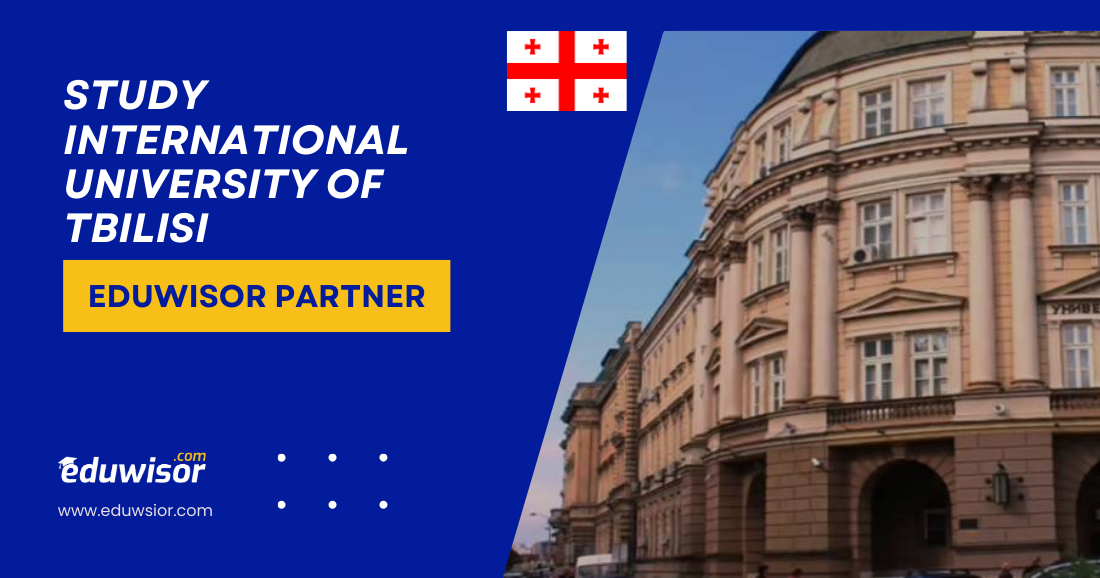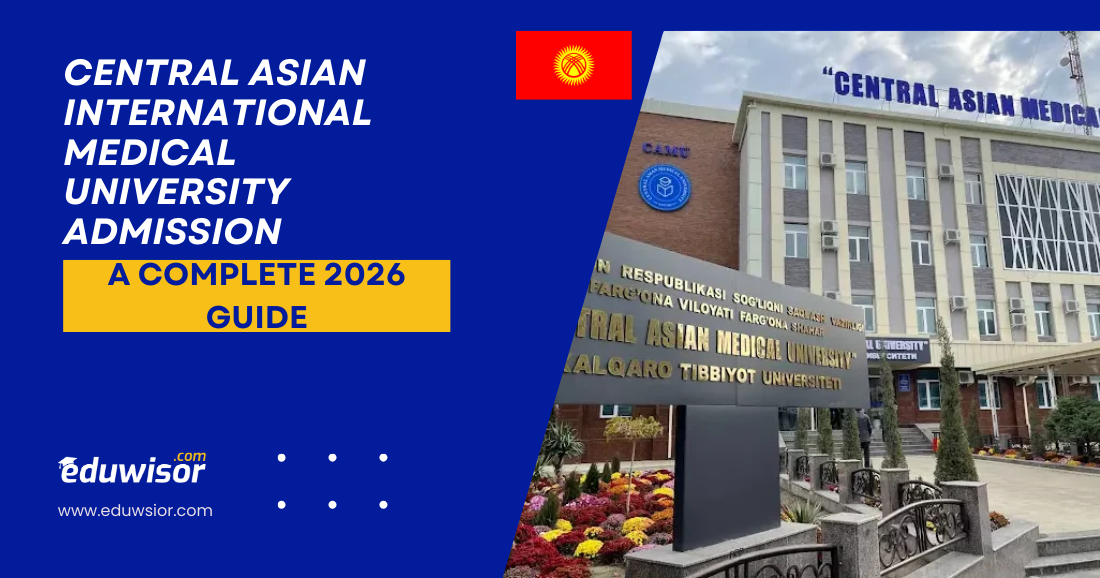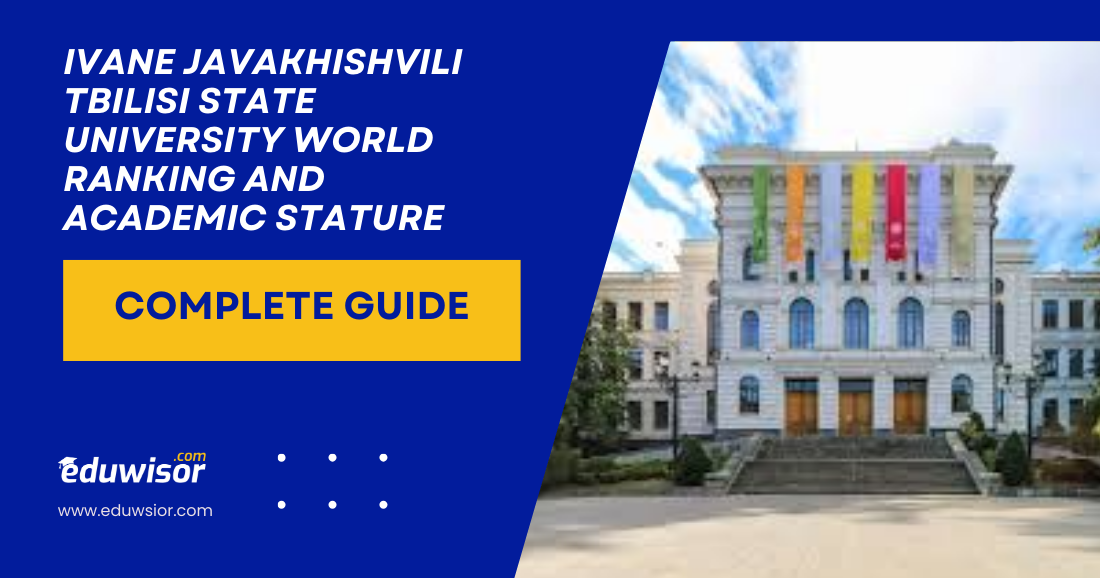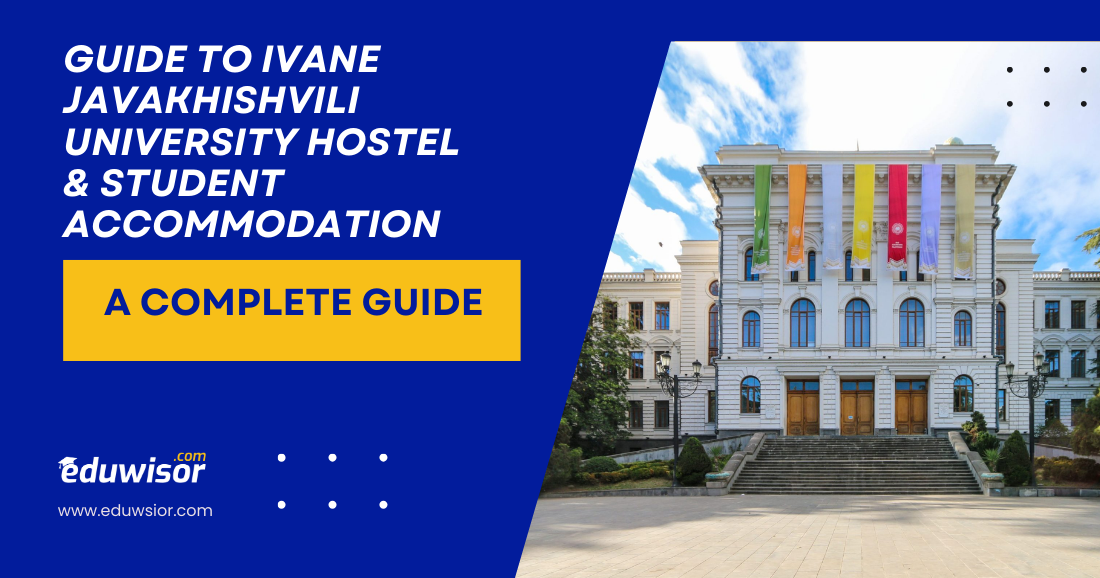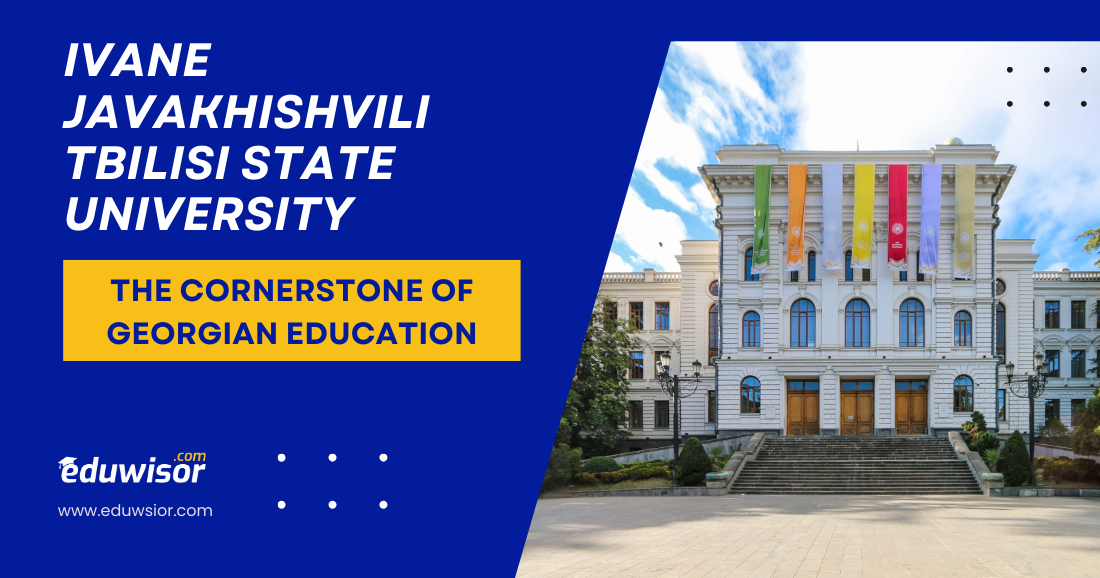Pursuing an MBBS in Georgia has become a popular choice for international students, especially at institutions like the Central University of Europe Tbilisi (CUE). With high-quality education, affordable fees, and globally recognized degrees, Georgia offers a promising pathway for aspiring doctors.
This blog covers everything you need to know about studying MBBS at Central University of Europe Tbilisi, including student eligibility, global recognition, curriculum, fee structure, and career prospects.
Why Choose MBBS in Georgia?
Georgia has emerged as a top destination for medical education due to:
- World-class medical universities recognized by WHO, NMC, and other global bodies.
- Affordable tuition fees compared to Western countries.
- English-medium programs for international students.
- No entrance exams like NEET (for some universities).
- European-standard education with modern infrastructure.
Among the top choices, the Central University of Europe Tbilisi stands out for its globally accredited MBBS program.
About Central University of Europe Tbilisi (CUE)
Central University of Europe (CUE) in Tbilisi, Georgia, is a leading institution offering medical programs tailored for international students. The university is known for:
- Internationally recognized MBBS degrees (approved by WHO, NMC, ECFMG).
- Experienced faculty with global exposure.
- State-of-the-art labs and hospitals for clinical training.
- Affordable tuition fees with scholarships available.
- Multicultural environment with students from India, Nepal, Africa, and Europe.
MBBS in Georgia – Student Eligibility Criteria
To enroll in the MBBS program at Central University of Europe Tbilisi, students must meet the following eligibility criteria:
1. Academic Qualifications
- High school diploma (10+2) with Physics, Chemistry, and Biology.
- Minimum 50% marks in PCB (varies for reserved categories).
- NEET qualification (mandatory for Indian students).
2. Age Limit
- Applicants should be at least 17 years old at the time of admission.
3. Language Proficiency
- Since the medium of instruction is English, students must have basic English proficiency.
- No IELTS/TOEFL required, but some universities may conduct an English proficiency test.
4. Required Documents
- Passport copy
- Academic transcripts (10th & 12th mark sheets)
- NEET scorecard (for Indian students)
- Medical fitness certificate
- Passport-size photographs
MBBS Curriculum at Central University of Europe Tbilisi
The MBBS program in Georgia follows a 6-year structure, including:
- Pre-Clinical Studies (Years 1-2) – Anatomy, Biochemistry, Physiology.
- Clinical Studies (Years 3-5) – Pathology, Pharmacology, Surgery, Medicine.
- Internship (Year 6) – Hands-on training in affiliated hospitals.
The curriculum aligns with European medical standards, ensuring graduates are globally competent.
Global Recognition & Affiliations
A major advantage of studying at Central University of Europe Tbilisi is its global recognition:
- Recognized by WHO & NMC – Eligible for FMGE (India’s licensing exam).
- ECFMG Certified – Allows graduates to practice in the USA.
- Listed in WDOMS (World Directory of Medical Schools).
- Approved by FAIMER & AMC (for Australia & other countries).
This recognition ensures that graduates can pursue residencies, PG courses, or jobs worldwide.
Central University of Europe Advantages of Studying MBBS in Georgia
1. Affordable Tuition Fees
- Compared to the USA, UK, or Australia, Georgia offers low-cost medical education (approx. 4,000−7,000 per year).
2. No Donation or Hidden Costs
- Unlike private colleges in some countries, Georgian universities have transparent fee structures.
3. High-Quality Education
- European-standard medical training with modern teaching methods.
4. Safe & Student-Friendly Environment
- Georgia is known for its low crime rates and welcoming culture.
5. Work Opportunities After Graduation
- Graduates can apply for residencies in the USA (USMLE), UK (PLAB), or India (NEET-PG).
Career Prospects After MBBS in Georgia Central University of Europe
After completing an MBBS from Central University of Europe Tbilisi, graduates can:
✔ Practice in India – Clear FMGE/NEET exam to get a license.
✔ Pursue PG in the USA – Qualify for USMLE Steps.
✔ Work in Europe – Apply for PLAB (UK) or German medical exams.
✔ Join International Hospitals – Many Georgian medical graduates work in Middle East, Canada, or Australia.
Conclusion
The Central University of Europe Tbilisi offers a globally recognized, affordable, and high-quality MBBS program in Georgia. With easy eligibility criteria, English-medium education, and strong global affiliations, it is an excellent choice for international medical aspirants.
If you’re looking for a budget-friendly MBBS abroad with global recognition, Georgia should be at the top of your list!
Eduwisor always guides students toward the right path with an unbiased approach. You can follow us on Youtube, Facebook, Instagram, Twitter, and Linkedin. Stay tuned for regular updates.
FAQs
1. Is NEET required for MBBS in Georgia?
Yes, Indian students must qualify NEET to study MBBS in Georgia.
2. What is the duration of MBBS in Georgia?
The course is 6 years, including 1 year of internship.
3. Can I practice in India after MBBS from Georgia?
Yes, after clearing the FMGE/NEET exam, you can practice in India.
4. Is Georgia safe for international students?
Absolutely! Georgia is one of the safest study destinations in Europe.
5. What is the medium of instruction?
All MBBS programs in Georgia are taught in English.

